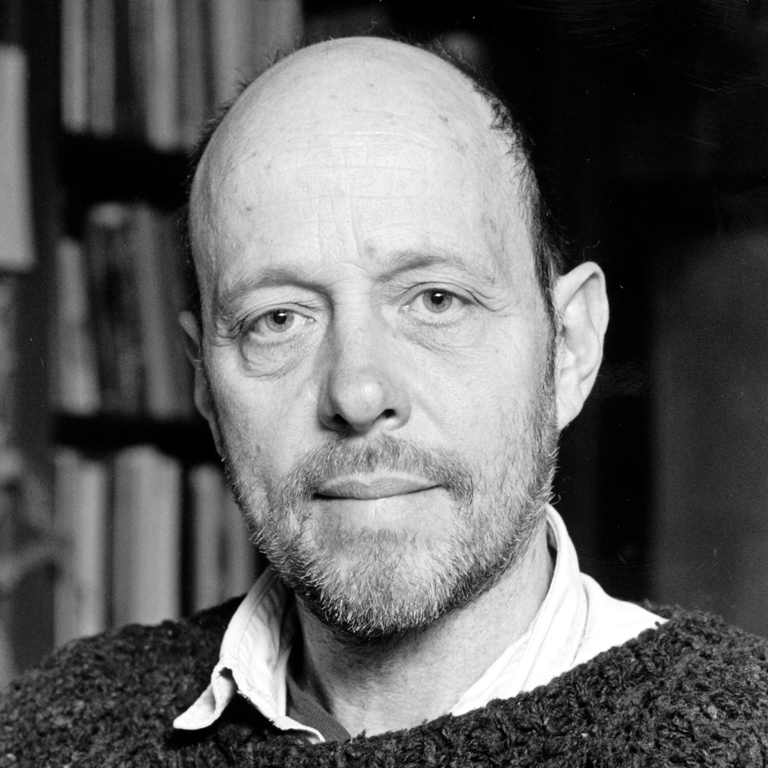“A Brief History of Flight from the State”
James Scott is a leading scholar of political anthropology. Scott serves as the Sterling Professor of Political Science, a professor of anthropology and a professor in the School of Forestry and Environmental Studies, and he is founding director of the agrarian studies program at Yale University.
In addition to his academic pursuits, Scott is a passionate activist on behalf of the people of Southeast Asia. He has served as a liaison in minority communities of the Burmese uplands, supporting democratic opposition in the country.
In “A Brief History of Flight from the State,” Scott will explore the role of stateless zones such as “Zomia,” an area in Southeast Asia that has historically been beyond the control of governments. He will outline the geography and social structures that aid state avoidance and the historical precedent of Zomia as a center for state-fleeing refugees.
Scott has received fellowships from the Guggenheim Foundation, the National Science Foundation and the National Endowment for the Humanities. He holds an honorary doctorate from Uppsala University in Sweden. Scott received Japan’s Fukuoka Asian Culture Prize and the University of Copenhagen’s Ester Boserup Prize for Research on Development.
He maintains a small farm in rural Connecticut where he raises sheep, chickens and bees, an experience he credits with contributing to his research and insights about people who live independently from influences of governments and formal markets.
The William T. Patten Foundation
The William T. Patten Foundation provides funds to bring distinguished scholars or practitioners in the sciences, the humanities and the arts to the Bloomington campus for a week. The foundation has brought over 150 scholars of extraordinary national and international distinction since 1937, making it the oldest lecture series at Indiana University. Lecturers are chosen by a campus-wide faculty committee.
William T. Patten graduated in 1893 with a Bachelor of Arts in history from IU. He then moved to Indianapolis and led a successful career in real estate and politics. He created an endowment for the university in 1931, with the purpose of bringing renowned leaders to the Bloomington campus.

